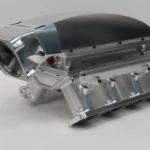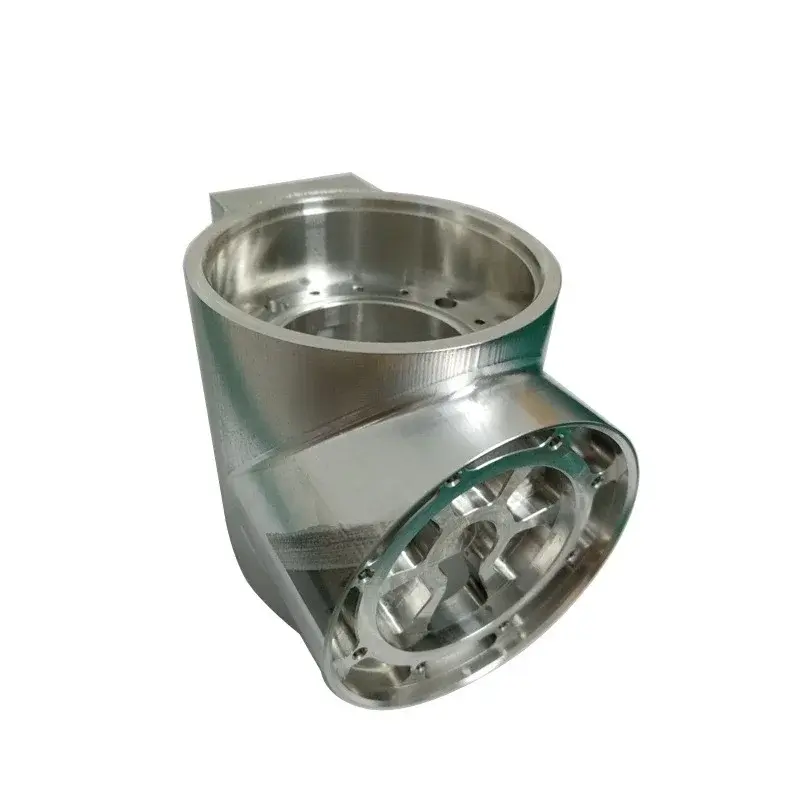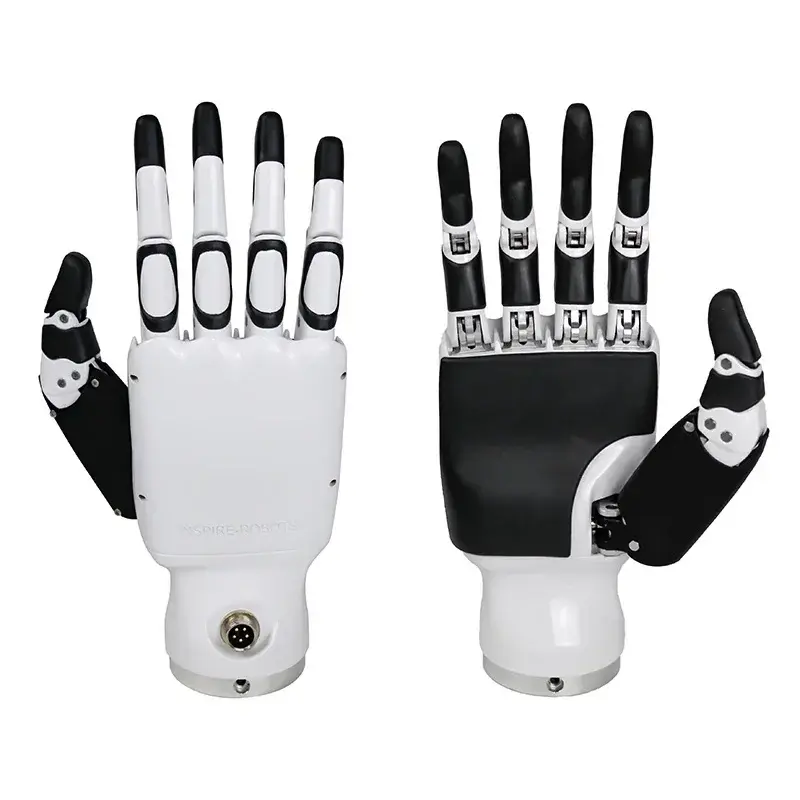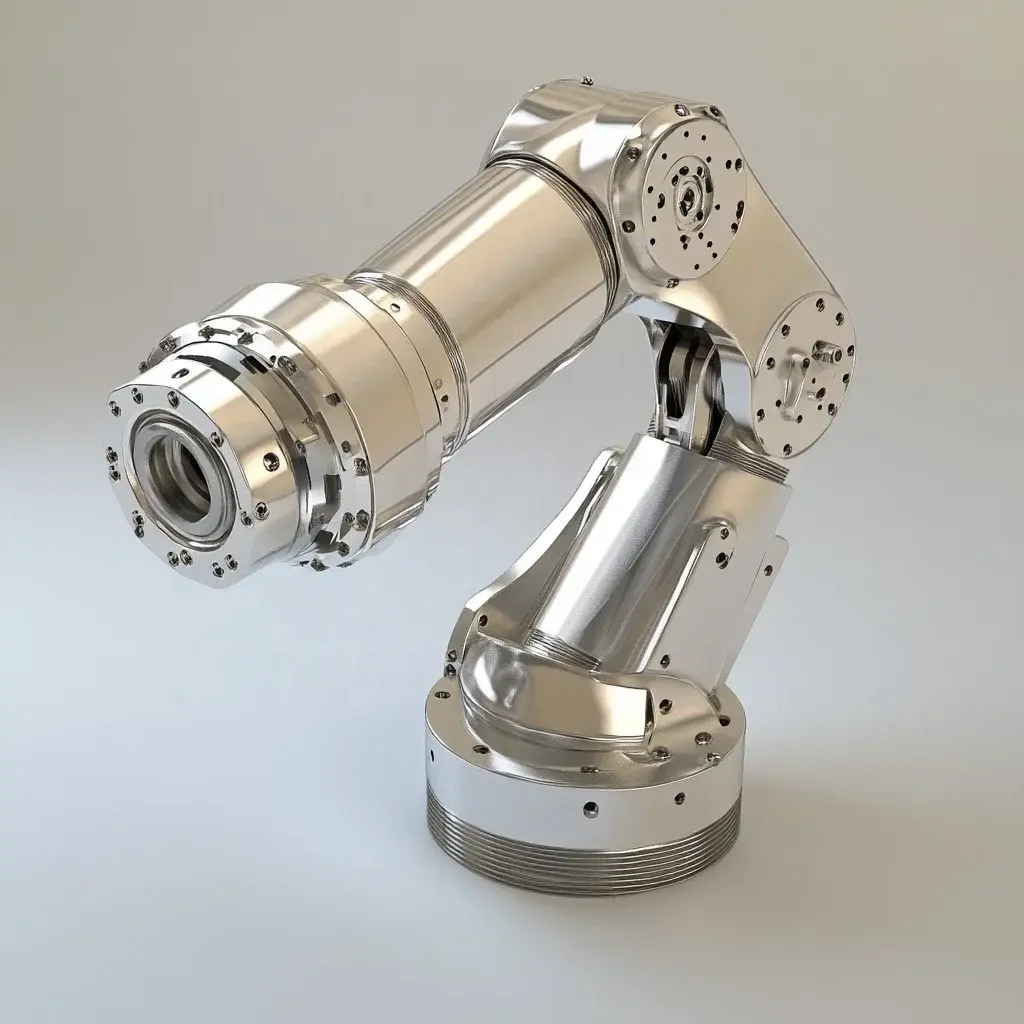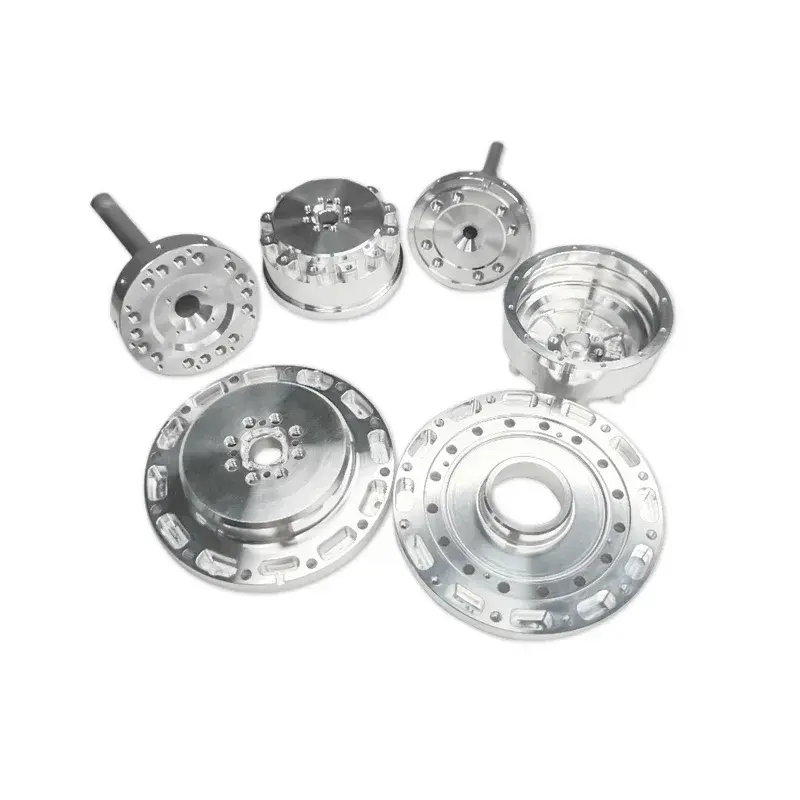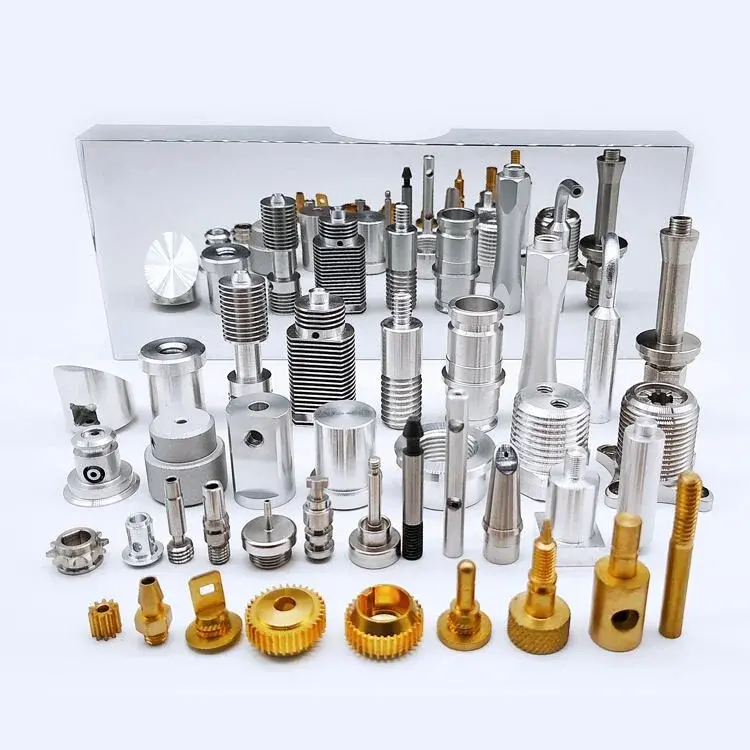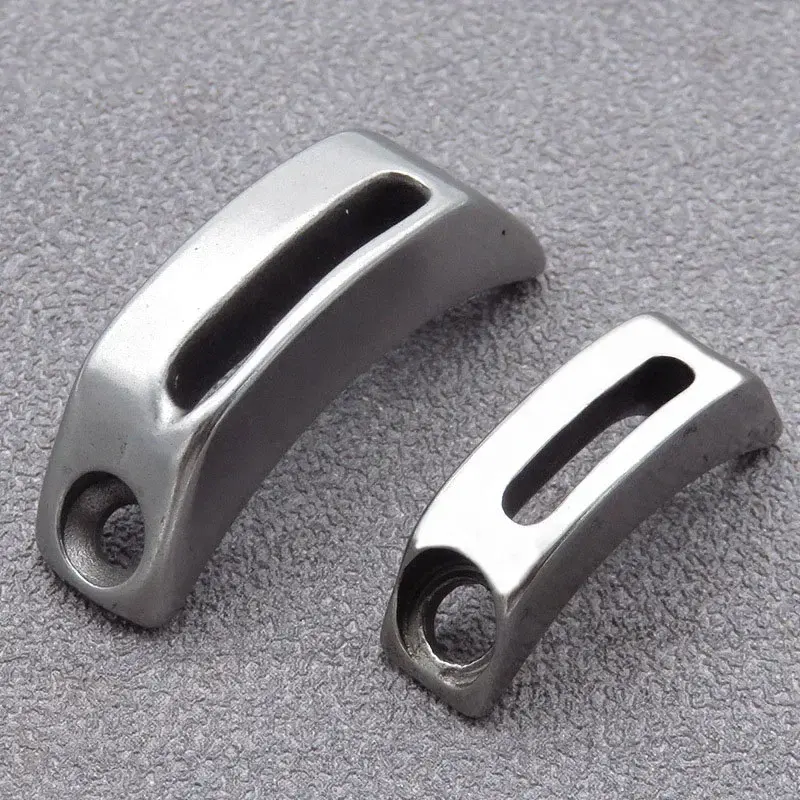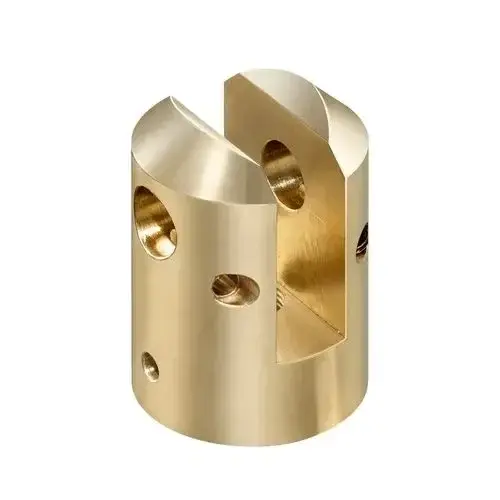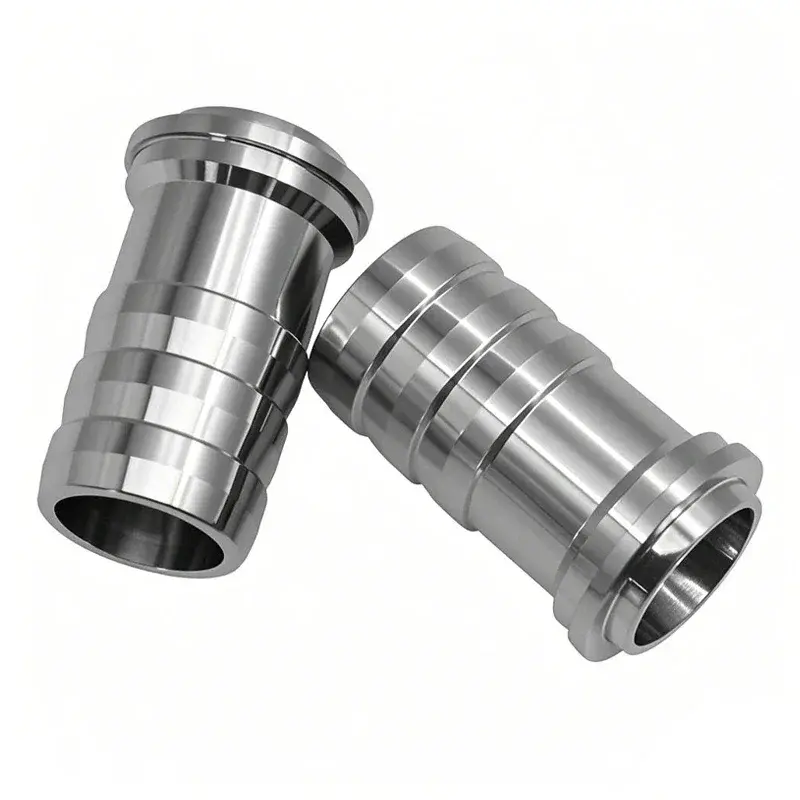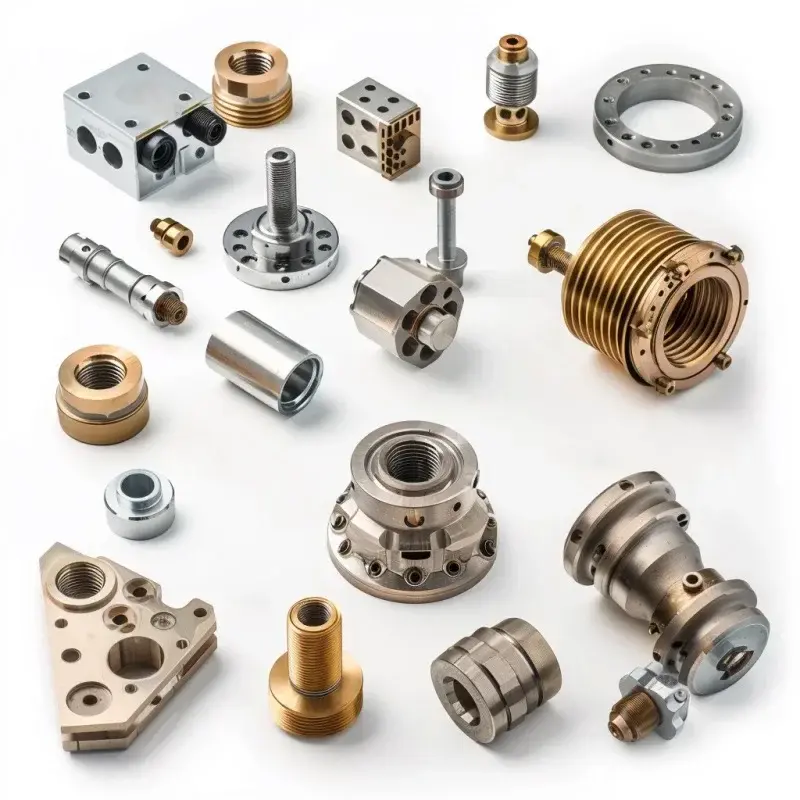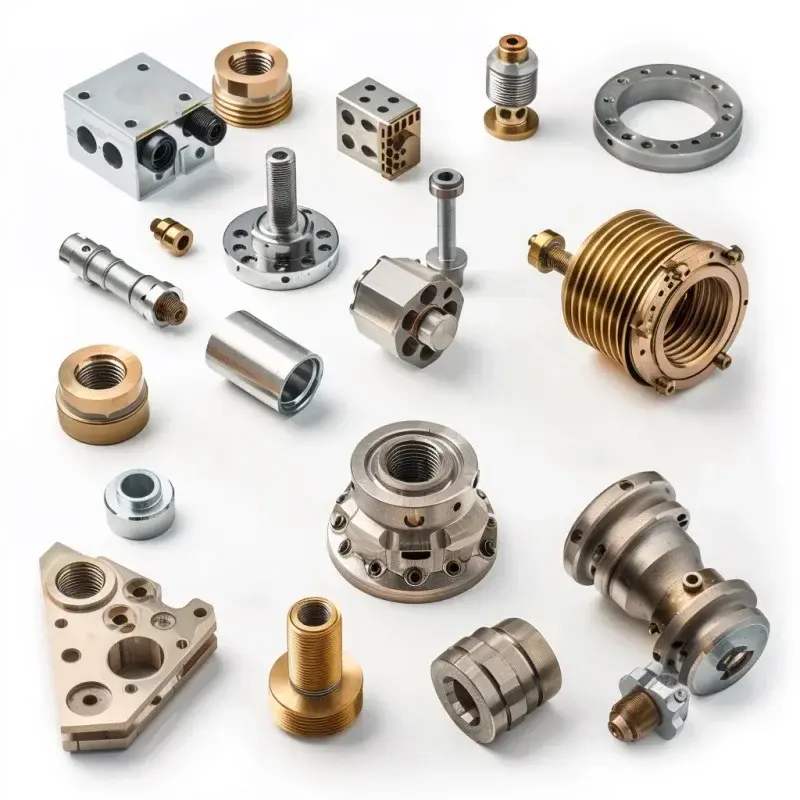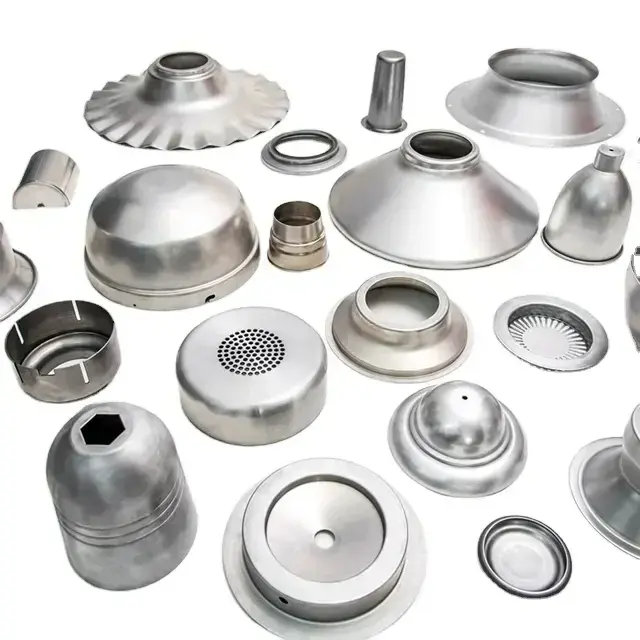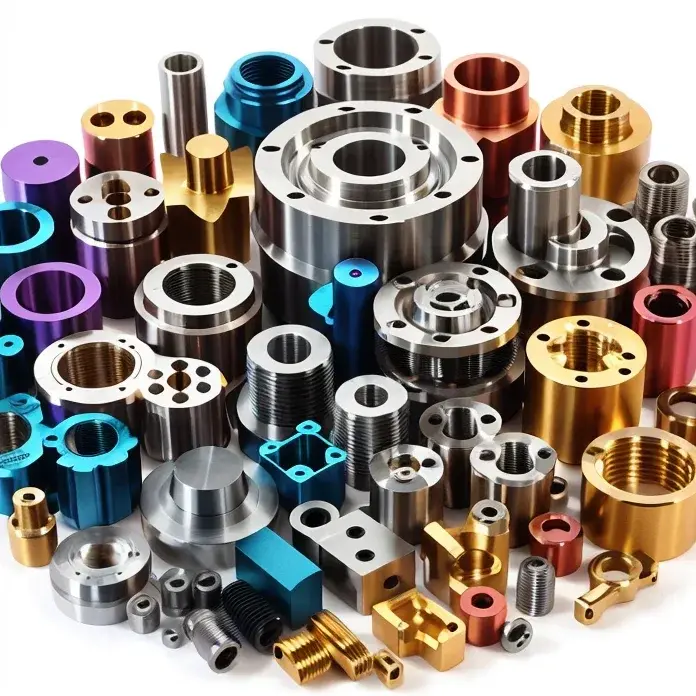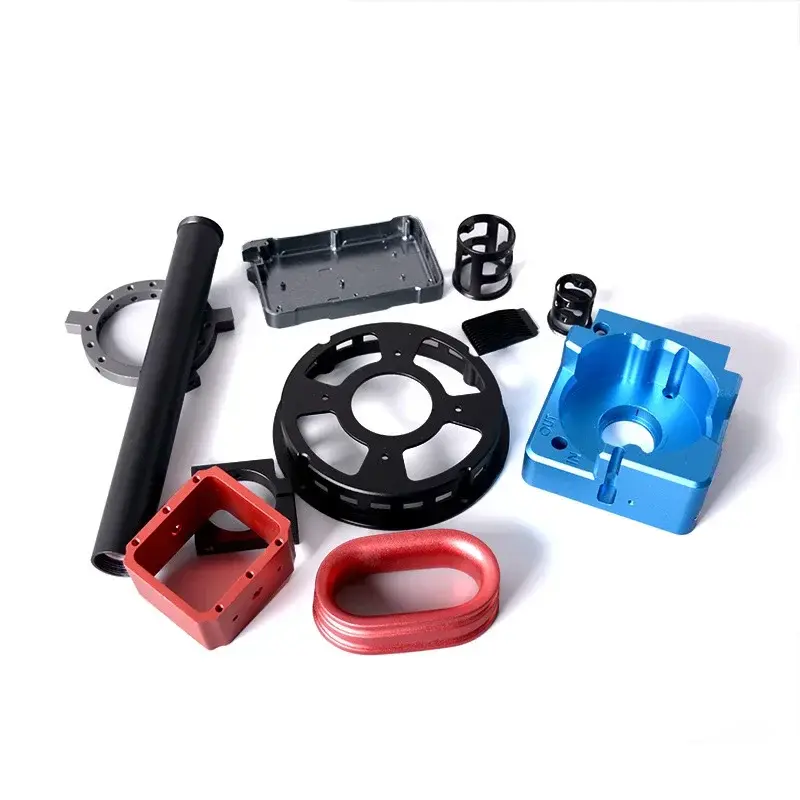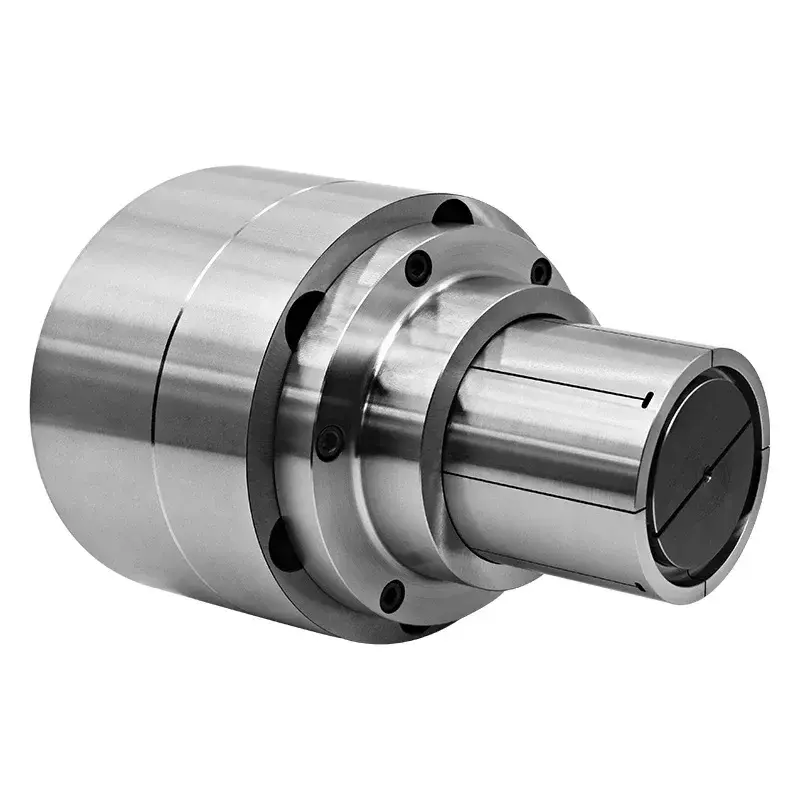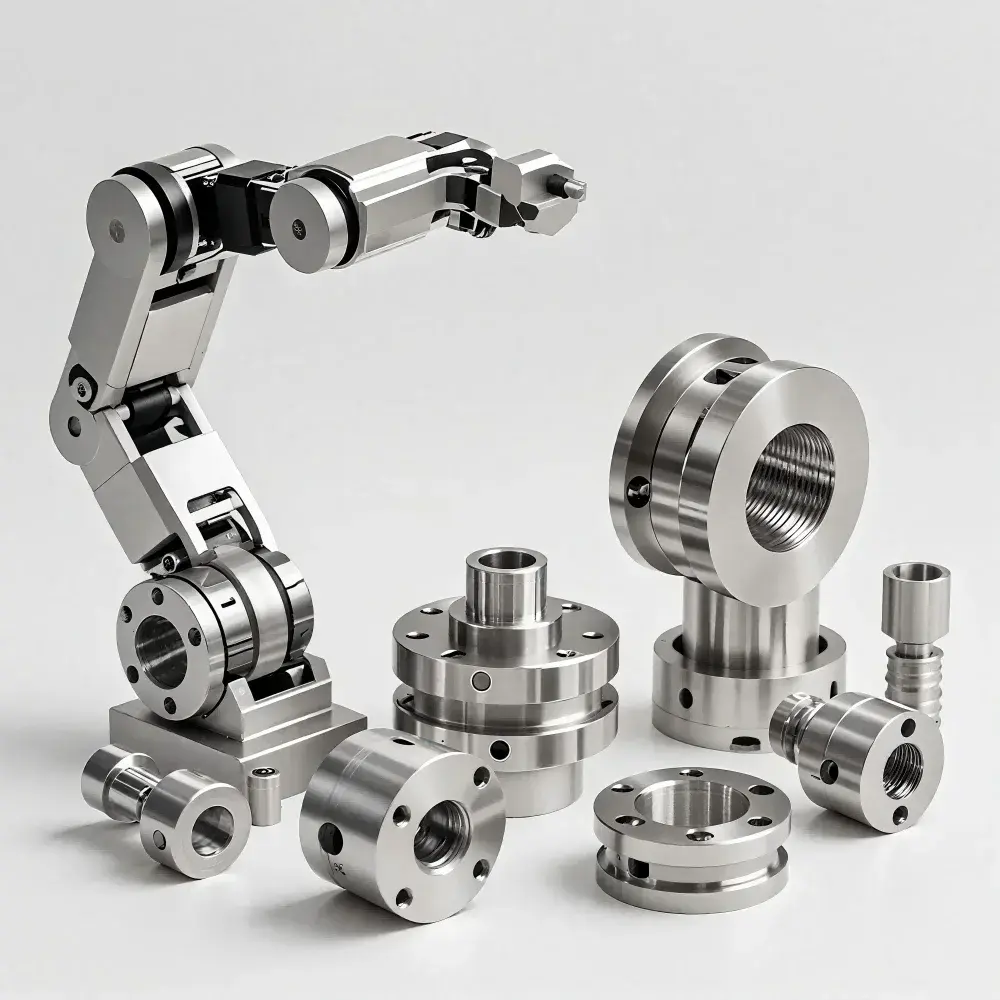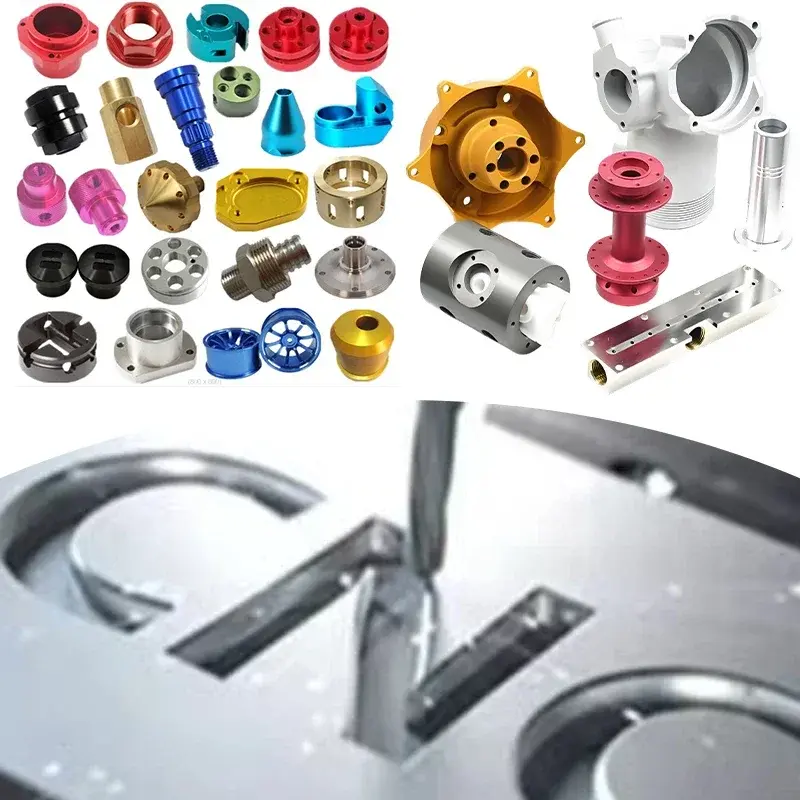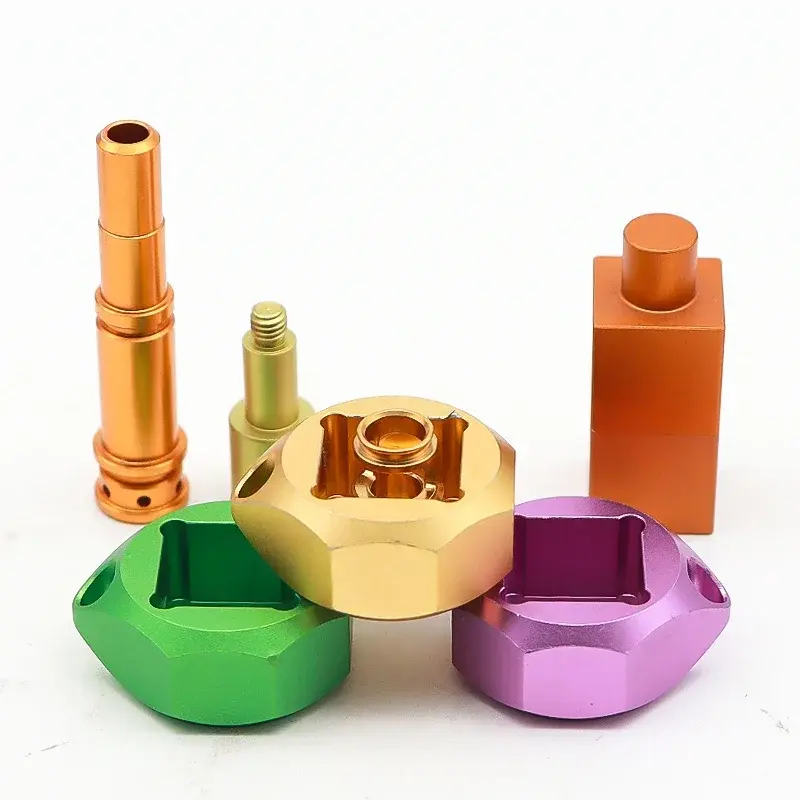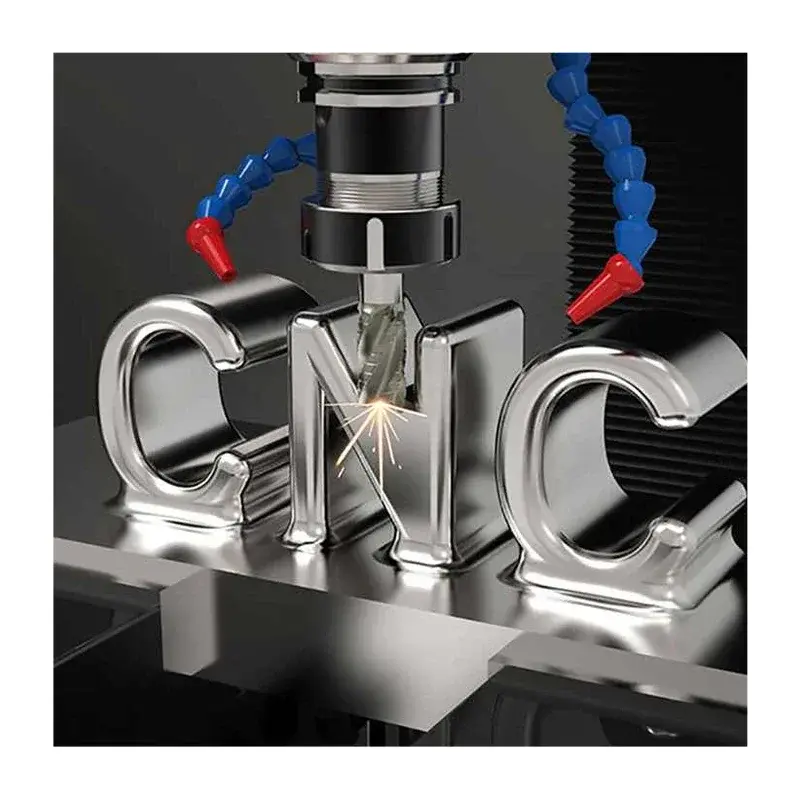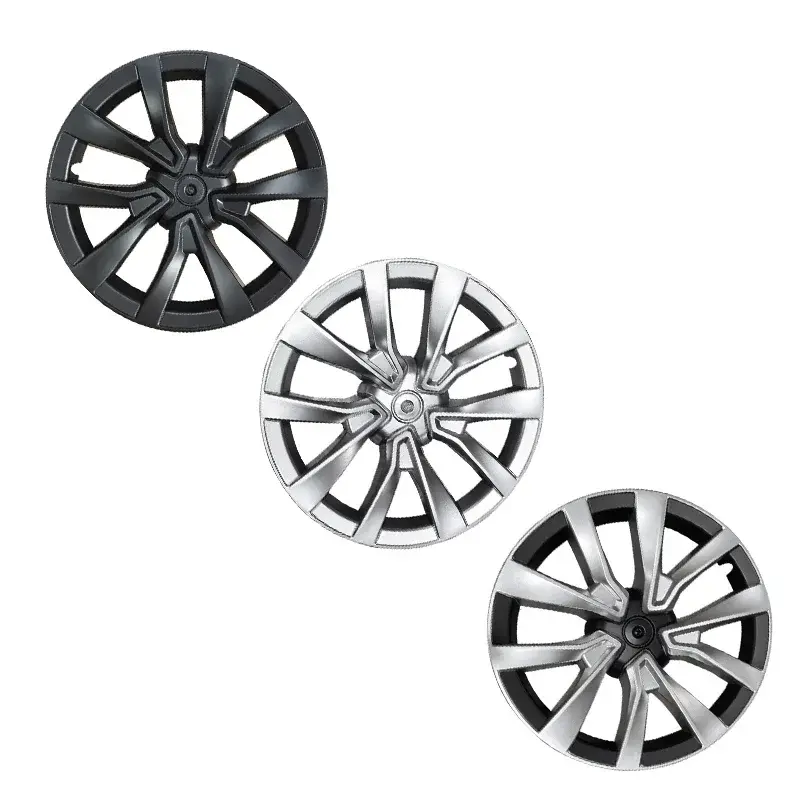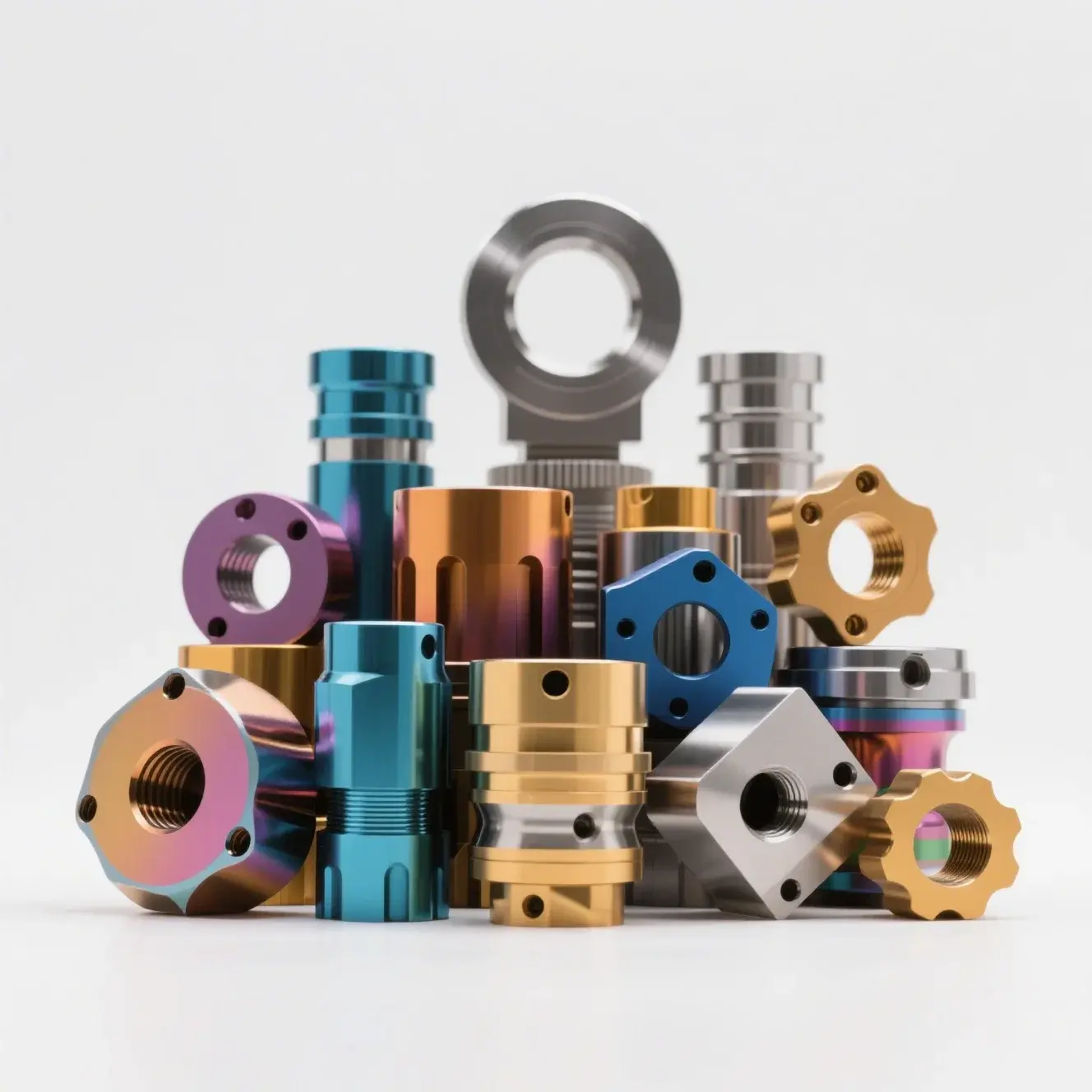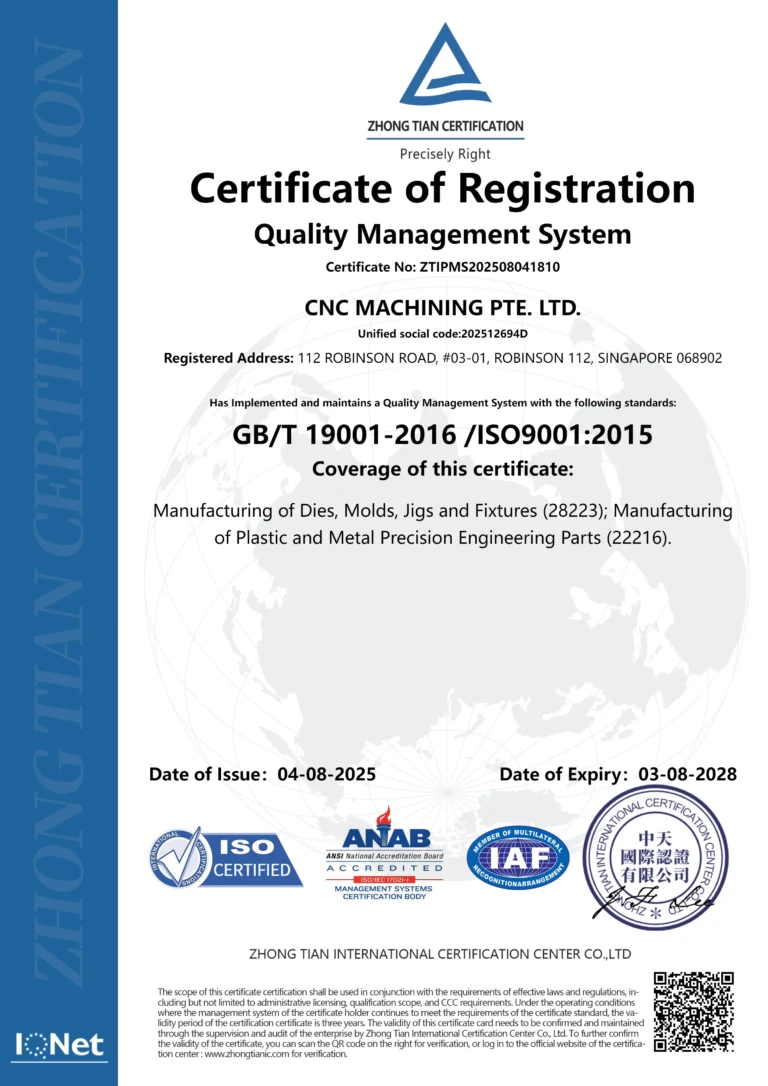Navigating the World of Used CNC Machine Tools: A Buyer’s Guide
Investing in CNC (computer numerical control) machinery is an important step for any manufacturing business, and this step is often fraught with financial considerations. While new CNC machines come with the latest technology and warranties, the upfront cost can be prohibitive, especially for a start-up or small business. This is where the used CNC machine tool market comes into play, providing an easier entry point into the world of automated manufacturing. However, buying a second-hand asset comes with its own set of challenges and requires a strategic approach to ensure you get a reliable and cost-effective asset.
This comprehensive guide will explore the complexities of buying a used CNC machine, giving you the knowledge to make informed decisions and avoid costly mistakes. We’ll cover basic pre-purchase considerations, inspection techniques, negotiation strategies, and post-purchase maintenance tips.
Why Consider Used CNC Machine Tools?
Before we get into the specifics, let’s outline the main advantages that make used CNC machines an attractive choice:
- Cost savings: This is the most obvious advantage. Used machinery can be significantly cheaper than new machinery, freeing up funds for other critical aspects of your business, such as raw materials, tooling, or skilled labor.
- Faster ROI: Lower initial investment means faster return on investment. Shorter payback periods make it easier to justify the purchase to stakeholders.
- Mature technology: Older machines often rely on mature and well-understood technology. That means readily available parts, experienced technicians, and ample online resources for troubleshooting and maintenance.
- Reduce depreciation: The steepest depreciation usually occurs in the first few years of a machine’s life. Buying used equipment allows you to avoid this initial depreciation impact, preserving more of the machine’s value.
- Available immediately: Unlike new machines, which may require longer lead times, used machines are often available immediately, allowing you to ramp up production quickly.
Things to consider before buying: Know your needs
The cornerstone of a successful used CNC machine purchase is a clear understanding of your specific manufacturing needs. This involves carefully analyzing your production requirements and defining ideal machine characteristics.
- application: What type of parts will you machine? Consider the material (aluminum, steel, plastic, etc.), complexity, size, and required tolerances. This will determine the appropriate machine type (mill, lathe, milling machine, etc.) and its necessary functions. Honglaite, a professional five-axis CNC machining manufacturer, focuses on solving metal parts manufacturing problems and providing customized precision machining solutions. Their expertise is invaluable in understanding the intricacies of different machining processes.
- Yield: How many parts will you produce per day, week, or month? This will affect the required machine speed, automation capabilities (e.g. pallet changer, automatic tool changer) and the overall robustness of the machine.
- Material Compatibility: Make sure the machine is compatible with the materials you plan to use. Different materials require different cutting parameters, tool and machine stiffness. Some machines are better suited to specific materials than others.
- Physical space: Carefully measure the available space in your workshop to ensure that the machine is comfortable to install and that there is adequate space for operation and maintenance. Don’t forget to consider ceiling height and the location of electrical outlets and compressed air lines.
- Budget: Create a realistic budget that includes not only the purchase price of the machine, but also shipping, installation, tools, repairs and training. It is prudent to set aside an emergency fund for unexpected expenses.
- Control system compatibility: Consider the control system (e.g., Fanuc, Siemens, Heidenhain) and your familiarity with it. Sticking with familiar control systems significantly reduces the learning curve and training costs.
Finding the right machine: where to look
Once you have a clear idea of your needs, the next step is to find potential machines. Here are some common sources of used CNC machine tools:
- Online Marketplace: Websites such as eBay, Craigslist, and specialized industrial marketplaces (e.g., Machinio, Asset Liquidity Services) can offer a wide selection of machines from various sellers. Always exercise caution and conduct thorough due diligence before committing to a purchase.
- Equipment dealer: Reputable equipment dealers often specialize in selling used CNC machine tools. They often offer inspection services, repairs, and warranties, providing an extra layer of protection. Look for a dealer with a good reputation and positive customer reviews.
- Auction house: Industrial auctions are a good source for finding deals on used CNC machine tools. However, machines are often sold "As is," There are no guarantees, so it’s crucial to check them thoroughly beforehand.
- Directly from the manufacturer: In some cases, you can purchase a used machine directly from the manufacturer who is upgrading the equipment.
- Liquidator: Companies liquidating the assets of businesses that are closing or downsizing can offer used CNC machines at competitive prices.
Critical Inspection Process: Due Diligence is Key
Before any quotation is made, the machine must be thoroughly inspected. If you lack the necessary expertise, consider hiring a qualified CNC technician or engineer to perform inspections on your behalf. This investment can save you a lot of money and hassle in the long run.
Here is a comprehensive checklist for checking out used CNC machine tools:
- Visual inspection: Look for signs of wear, damage, or neglect. Check for rust, corrosion, cracks and leaks. Check the overall cleanliness and condition of the machine.
- Mechanical components: Inspect spindles, ball screws, guide rails and linear guides. Look for excessive play, gaps, or binding. Check the condition of the bearings and lubrication system.
- Electrical system: Check wiring, fuses and circuit breakers. Look for any signs of damage or overheating. Check the condition of the motor and drive.
- Control system: Start the control system and check for any error messages or malfunctions. Verify that all axes move smoothly and accurately. Functionality to test various machine functions such as tool changes, spindle speed control and coolant systems.
- Hydraulic and pneumatic systems: Check for leaks, pressure drops and proper functioning of hydraulic and pneumatic components.
- Cutting test: If possible, conduct cutting tests to evaluate the machine’s accuracy, repeatability, and surface finish capabilities. Compare the results to your expectations using familiar procedures and materials.
- Maintenance records: Request and review the machine’s maintenance records. This can provide valuable insights into the machine’s history and potential problems.
- Documentation and manuals: Verify that the machine comes with complete documentation, including manuals, wiring diagrams, and spare parts lists.
Negotiation Strategies: Getting the Best Deal
Negotiating the price of a used CNC machine tool requires a strategic approach and a clear understanding of the market value of the machine tool.
- Research market value: Determine the fair market value of the machine based on its age, condition, functionality and market demand. Online resources and equipment dealers can provide valuable pricing information.
- Find the defects: Use the inspection process to identify any deficiencies or potential repair needs. Use these findings as leverage to negotiate lower prices.
- Get ready to go: Don’t be afraid to walk away from a deal if the price is too high or the seller isn’t willing to address your concerns. There are always other machines available.
- Consider financing options: Explore financing options like loans or leases to make your purchase more affordable.
- Bundled services: Negotiate for additional services to be included in the purchase price, such as shipping, installation and training.
After-sales maintenance: ensure service life
Once you purchase a used CNC machine, it is crucial to implement a comprehensive maintenance program to ensure its longevity and reliability.
- Regular cleaning: Keep the machine clean and free of chips, coolant and debris.
- lubricating: Follow the manufacturer’s recommended lubrication schedule.
- Preventive maintenance: Perform regular preventive maintenance tasks such as checking belts, filters and fluids.
- calibration: Calibrate machines regularly to maintain accuracy and repeatability.
- train: Make sure your operators are properly trained on machine operation and maintenance procedures.
- Spare parts inventory: Keep a small inventory of critical spare parts to minimize downtime in the event of a breakdown.
Conclusion: A strategic approach to used CNC machine tools
Purchasing a used CNC machine tool is a cost-effective way to increase your manufacturing capabilities. However, success depends on a strategic approach that includes thorough pre-purchase planning, diligent inspections, skillful negotiation and proactive maintenance. By carefully considering your needs, conducting thorough due diligence, and working with a reputable vendor like GreatLight, you can obtain a reliable and valuable asset that will contribute to your long-term success. GreatLight’s expertise in five-axis CNC machining and custom precision part manufacturing can be a valuable asset to your manufacturing operation.
Frequently Asked Questions (FAQ)
-
Q: Is it always cheaper to buy used?
- one: Generally yes, but take into account potential repair costs and lack of warranty. Calculate total cost of ownership.
-
Q: How to transport used CNC machine tools?
- one: Hire a professional rigging and hauling company experienced in CNC machinery. They will have the equipment and expertise needed to move the machine safely.
-
Q: What are the common problems with second-hand CNC machine tools?
- one: Spindle bearing wear, ball screw problems, control system failures, and hydraulic/pneumatic leaks are common problems. A thorough inspection can uncover these problems.
-
Q: Where can I find replacement parts for my used CNC machine?
- one: Original equipment manufacturers (OEMs), aftermarket suppliers and online marketplaces are all potential sources of replacement parts.
-
Q: How important is training to operate a used CNC machine tool?
- one: Whether the machine is new or used, comprehensive training is critical to safe and efficient operation. Proper training can minimize errors, prevent damage, and increase productivity.
-
Q: What is the service life of CNC machine tools?
- one: With proper maintenance, CNC machine tools can last for years, even decades. The service life depends on the quality of the machine, the intensity of use and the effectiveness of the maintenance program.
-
Q: Should I buy a used CNC machine with an older control system?
- one: it depends. Older control systems may be less expensive to maintain, but they may also lack some of the advanced features of newer systems. Consider your specific needs and the availability of control system support and spare parts.
- Q: What kind of warranty can I get for used CNC machine tools?
- one: Warranties vary widely. Some dealers offer limited warranties, while others sell machines "As is." Please review the warranty terms carefully before purchasing. If there is no warranty, factor this into your perceived risk and negotiations.


